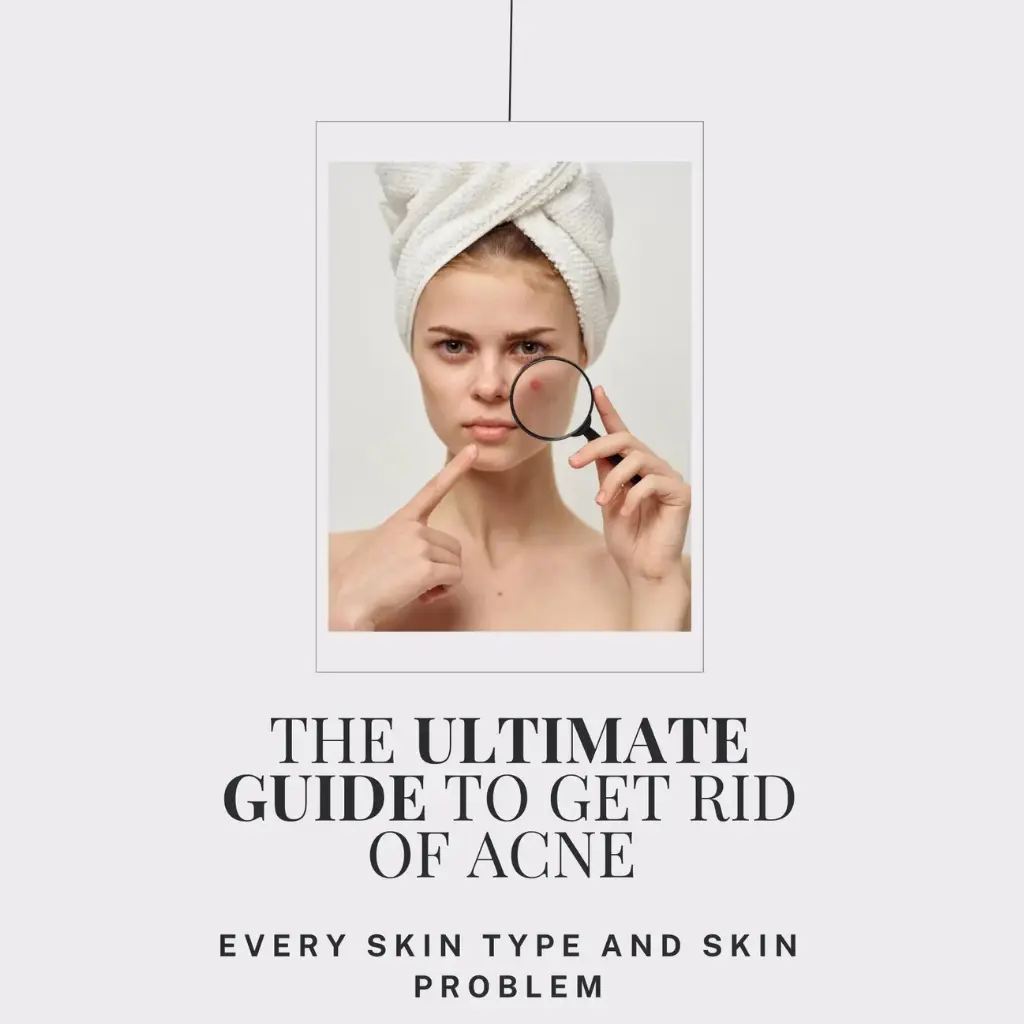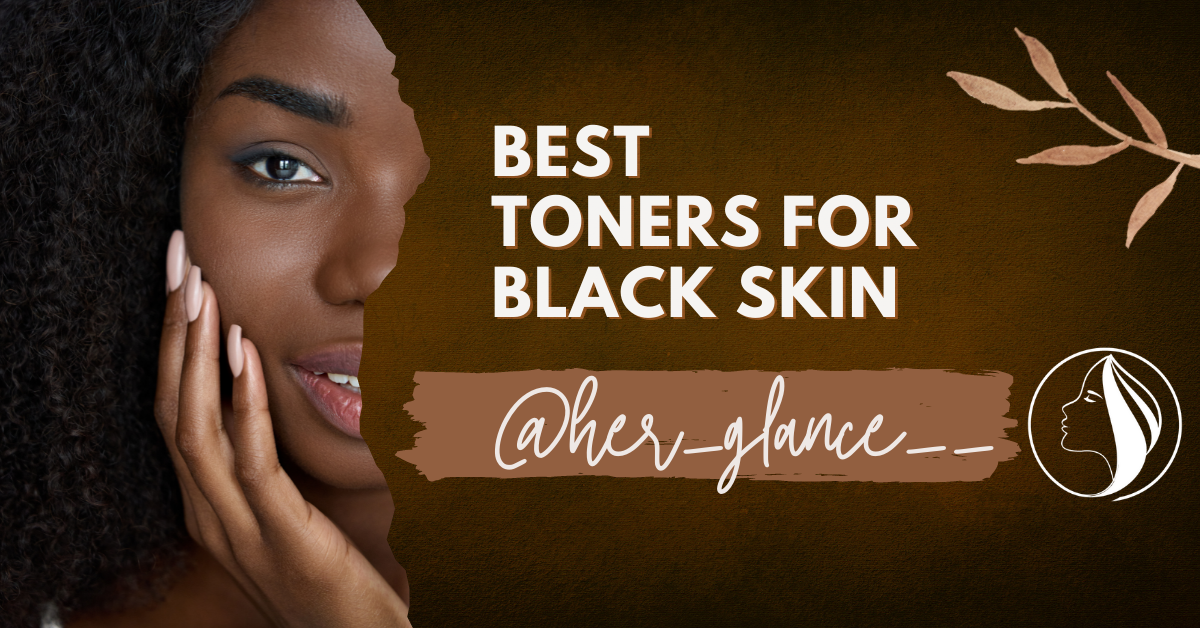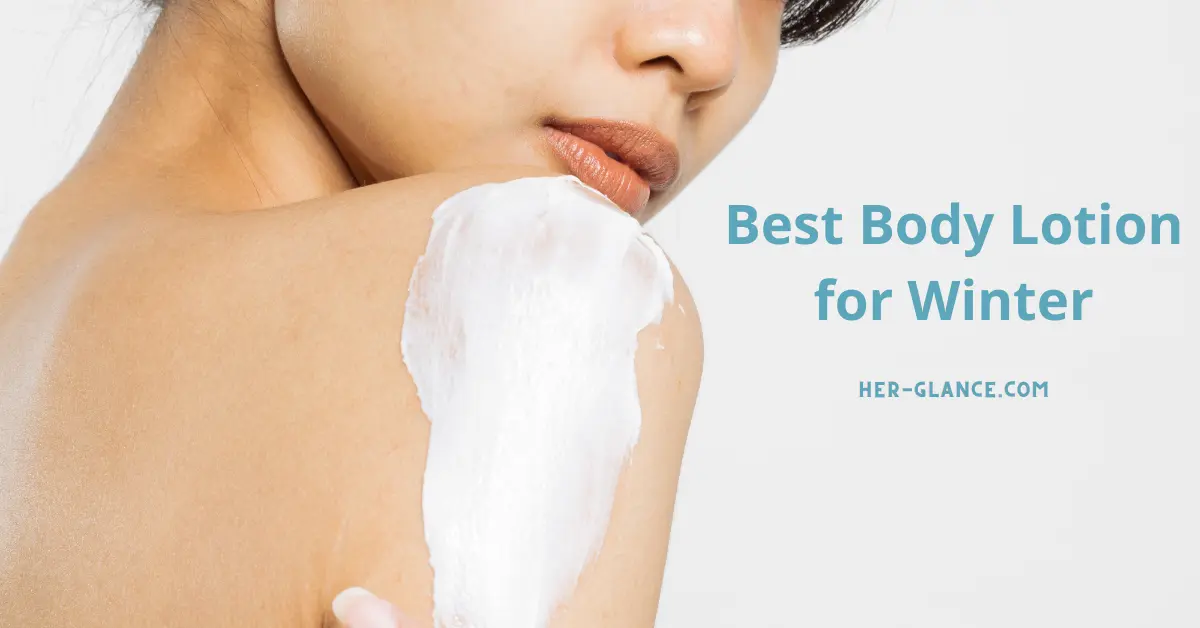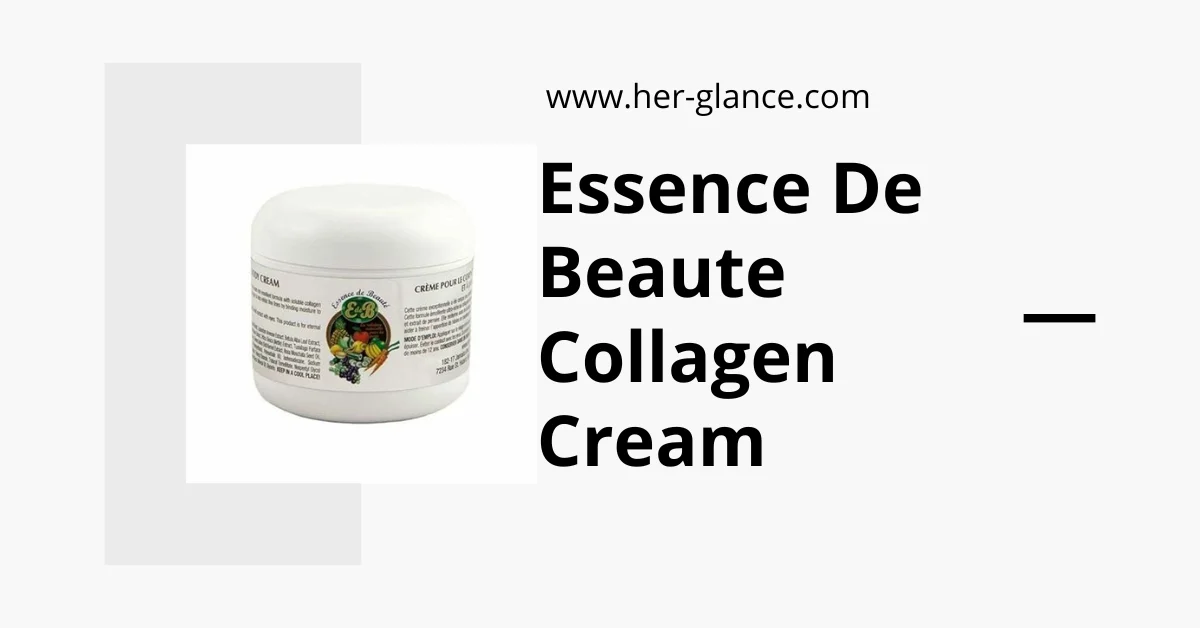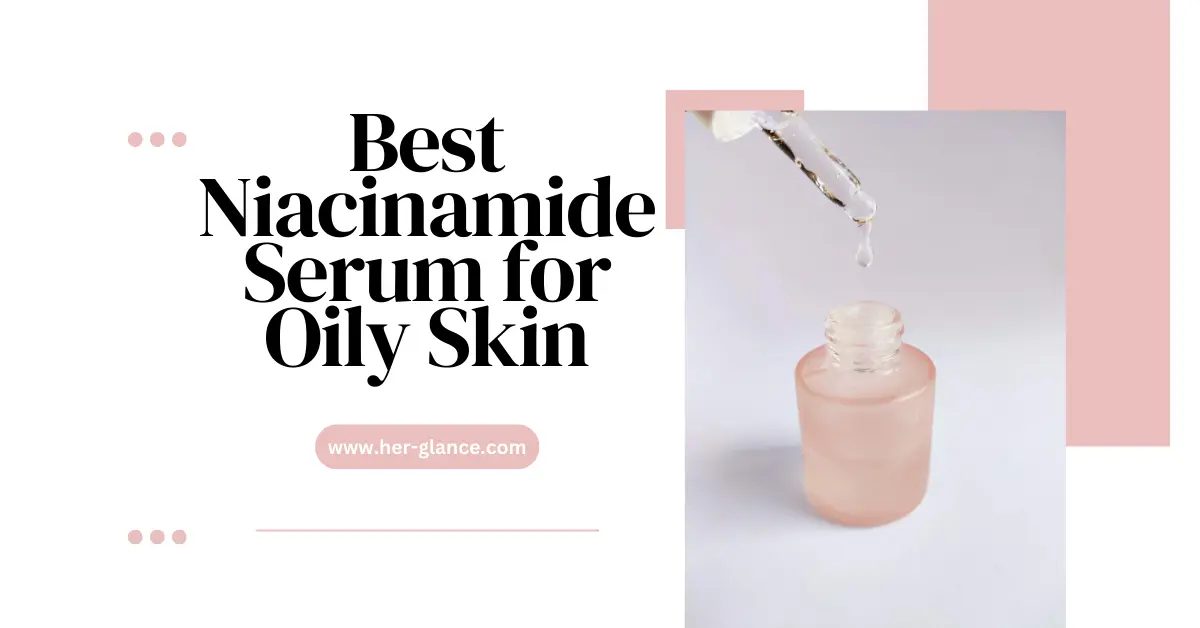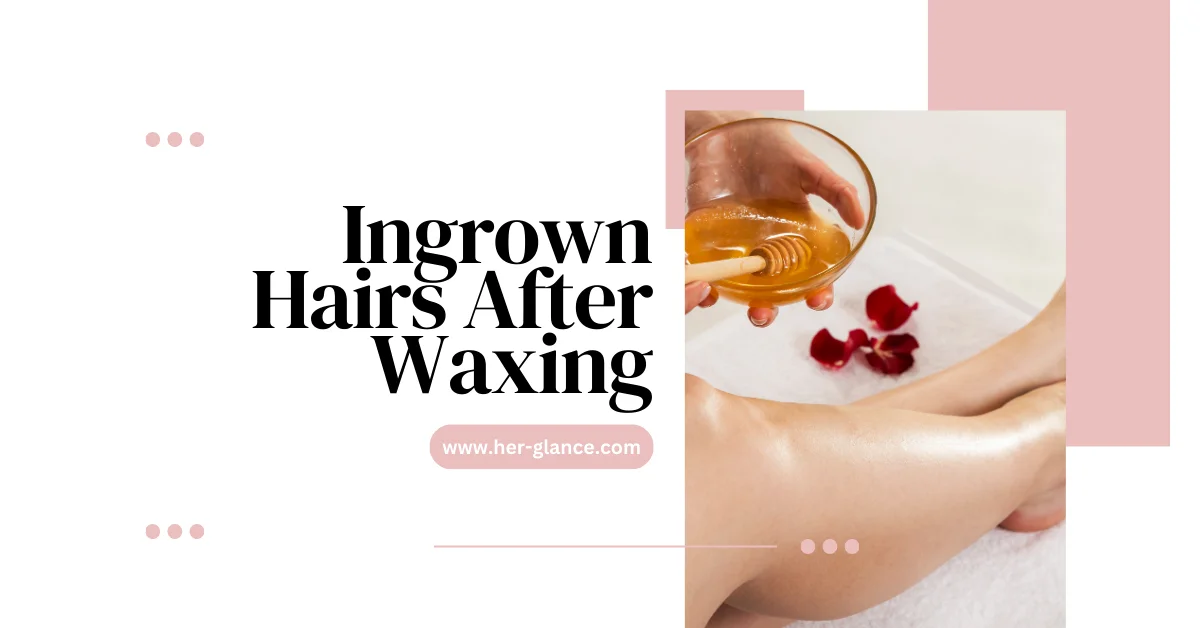Primer or Moisturizer or Sunscreen First?
You’re striving for flawless skin, but does the order of applying primer, moisturizer, or sunscreen matter? It sure does! Understanding and correctly layering these products can make a world of difference. Let’s debunk common myths and clear up confusion about which comes first. With expert tips and real case studies, you’ll learn how to adapt your routine based on your skin type. Ready to level up your skincare game? Let’s dive in!
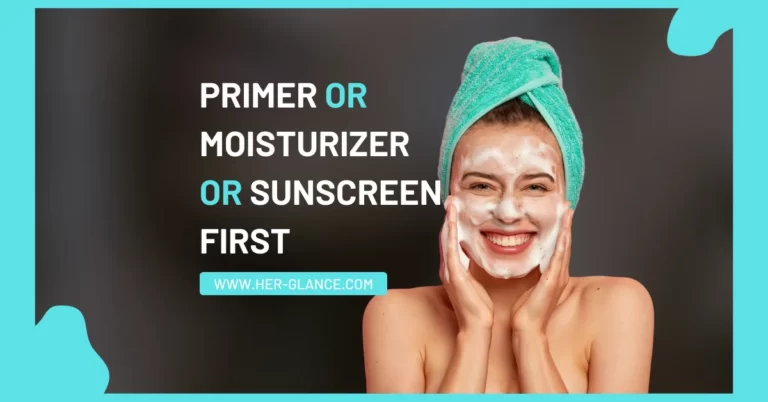
- Understanding the Basics: Primer, Moisturizer, and Sunscreen
- The Role of Primer in Your Skincare Routine
- The Importance of Moisturizer in Maintaining Skin Health
- Sunscreen: Your First Line of Defence Against Sun Damage
- The Correct Order of Application Of Primer, Moisturizer and Sunscreen
- Expert Tips: How to Properly Layer Your Skincare Products
- Addressing Skin Type Differences: Adapting Your Routine
- Useful Case Studies: Real Results From Correctly Layering Skincare Products
- Frequently Asked Questions
- What Are Some Recommended Brands for Primer, Moisturizer, and Sunscreen?
- Can I Use Makeup as a Substitute for Primer?
- Does the Amount of Sunscreen Needed Change Depending on the Weather or Season?
- Is There a Significant Difference Between Drugstore and High-End Skincare Products?
- Is There a Risk of Negative Reactions When Using Multiple Skincare Products?
- Conclusion
Understanding the Basics: Primer, Moisturizer, and Sunscreen
Let’s delve into the basics of primer, moisturizer, and sunscreen to understand their roles in skincare. You must comprehend each product’s function to perfect your skincare routine.
Firstly, moisturizer. This is essential for all skin types – even oily skin needs moisture! A good moisturizer will hydrate your skin, lock in natural oils, and prevent dryness or flaking. It also helps to maintain a healthy skin barrier that protects against environmental damage and irritants. You’ll find plenty of options on the market catering to various skin concerns; choose one that matches your specific needs.
Next up is primer. Think of this as your makeup base; it prepares your skin for foundation or other products by creating a smooth canvas. Primer can minimize pores, reduce redness and uneven textures, and help makeup last longer throughout the day. So if you’re after flawless makeup application, don’t skip this step!
Lastly, we have sunscreen – arguably the most crucial part of any skincare regimen. Its main job? Protecting your skin from harmful UV rays which can cause premature aging and increase risk of skin cancer. Regardless of whether it’s sunny or cloudy outside, you should always apply broad-spectrum SPF 30 (or higher) daily.
Remember: applying these products in proper sequence enhances their effectiveness too! Always start with moisturizer after cleansing toning (if applicable), followed by primer if you plan on applying makeup then finish off with sunscreen for maximum protection.
Mastering these three basics will undoubtedly elevate your skincare game – because well-nourished and protected skin is always in style!
The Role of Primer in Your Skincare Routine
You’ve got to understand the vital importance of this base product in your daily skincare regime. A primer is not just an afterthought or a luxury, it’s a game changer. Think of it as the bridge between your skin and makeup – providing a smooth canvas for application and extending the longevity of your cosmetics.
- Pore Minimizer: Primers are packed with silicon-based polymers like dimethicone that have a unique ability to fill in pores, fine lines, and wrinkles, giving you a seamless complexion. It’s like airbrushing in real life.
- Makeup Enhancer: Ever wondered how models flaunt their flawless makeup all day? The secret lies in priming! Primer provides grip for the foundation, helping it stay put throughout the day without caking or creasing.
- Skin Nourishment: Today’s primers do more than just prep your skin; they nourish it too! Many contain antioxidants, vitamins and SPF which provide an additional layer of protection against environmental damage.
That said, remember that not all primers work for everyone since we all have different skin types: oily, dry or combination. You need to choose one based on what suits your skin best – if you’re oily-skinned go for mattifying primer while hydrating ones are perfect for dry skinned individuals.
It does add another step to your beauty routine but trust us when we say this – once you get into the habit of using primer regularly, you won’t look back! So don’t underestimate this miracle worker; give it its due credit and let it elevate your skincare game!
The Importance of Moisturizer in Maintaining Skin Health
Just as crucial in your skincare routine is a hydrating product that maintains and improves skin health, providing essential moisture and acting as a barrier against environmental toxins. This vital component is none other than your moisturizer. It’s not just about slapping on any cream or lotion; you need to choose wisely for maximum benefit.
You’re probably aware of the basic function of moisturizers – they hydrate the skin. But do you know how they work? They essentially trap water in your skin, keeping it plumped up and youthful. When there’s sufficient hydration, fine lines and wrinkles are less noticeable too.
Did you know that different types cater to various skin needs? If you’ve got dry skin, a cream-based moisturizer might be ideal for you as they’re thicker and more nourishing. For oily or acne-prone individuals, go for oil-free or non-comedogenic options that won’t clog pores.
Moisturizers also help balance your skin’s complexion by improving its texture and tone over time with consistent use. Do ensure it contains ingredients like hyaluronic acid for hydration or ceramides to strengthen the skin barrier.
But remember, timing matters! After washing your face when your skin is still slightly damp is the best time to apply a moisturizer because dampness boosts absorption. You also have to be careful since moisturizers can cause irritation and redness if you do not use them correctly. We have a post about that topic that will help you avoid redness and burning, visit this link.
Thus, don’t underestimate this humble skincare staple’s power! It can make all the difference in maintaining healthy-looking skin. So next time when arranging your skincare steps – cleansing first, followed by toning – remember that applying a good quality moisturizer comes before primer or sunscreen application.
Sunscreen: Your First Line of Defence Against Sun Damage

Beyond moisturizing, it’s critical that you don’t forget to protect your skin from the sun’s harmful rays. Sunscreen should be your first line of defense in preventing skin damage. It shields you from ultraviolet (UV) radiation, which can cause premature aging and increase your risk of skin cancer.
Choose the Right SPF: SPF stands for Sun Protection Factor. It measures a sunscreen’s ability to block UVB rays, which are responsible for sunburn and contribute to skin cancer. Dermatologists recommend using a sunscreen with an SPF of at least 30, which blocks 97% of UVB rays.
- Broad-Spectrum Coverage: For comprehensive protection, pick a broad-spectrum sunscreen. This type protects against both UVA and UVB rays. UVA rays can prematurely age your skin, causing wrinkling and age spots; they’re also linked to skin cancer.
- Don’t Skip Reapplication: Even if you’ve slathered on enough sunscreen in the morning, don’t think you’re shielded all day long! You need to reapply every two hours or immediately after swimming or sweating heavily.
Your skincare regimen is incomplete without sufficient sun protection—no matter how elaborate or expensive it may be otherwise! By choosing the right products and being diligent about application, you’ll ensure healthier, younger-looking skin in the long run—and significantly lower your risk of developing serious health issues further down the line.
And remember: while sunscreen plays an essential role in protecting your overall epidermal health—it doesn’t mean skipping other steps like cleansing, toning or moisturizing! Each step has its unique benefits contributing towards maintaining radiant and healthy skin.
If you wish to learn more about various types of sunscreens, follow this link.
The Correct Order of Application Of Primer, Moisturizer and Sunscreen
Let’s clear up some common myths about the correct order of applying your skincare products. It isn’t rocket science, but it does require a bit of knowledge and understanding.
Debunking these misconceptions will not only save you time and effort in your daily routine, but also ensure that each product can do its job effectively. And don’t worry—you’re not alone if you’ve been doing it wrong all this time. Many people have due to misleading information floating around.
Here’s a helpful table for reference:
| Step | Correct Order |
|---|---|
| 1 | Cleanser |
| 2 | Toner |
| 3 | Serum |
Yes, you read that right! Contrary to popular belief, the moisturizer doesn’t come right after cleansing. Instead, toners should be used post-cleanser to remove any remaining dirt or makeup residue while restoring your skin’s PH balance. Then comes the serum which is highly concentrated with active ingredients that target specific issues like wrinkles or dark spots.
But where does sunscreen fit into all of this? After moisturizing is when you apply sunscreen—always before primer and makeup. Remember: Sunscreen isn’t optional; it’s an essential part of protecting your skin against harmful UV rays.
With this newfound knowledge, we hope you’ll feel more confident navigating through your skincare regimen and make informed decisions about product application sequence. Trust us—it makes a difference!
Expert Tips: How to Properly Layer Your Skincare Products
Now that we’ve debunked some skincare myths, it’s time to delve into expert tips on how to properly layer your skincare products. The order in which you apply your skin care can make a significant difference in the effectiveness of those products. Like painting or baking, careful preparation and following steps precisely ensures the best results.
- Start with Cleansing: Begin by thoroughly cleansing your face to remove makeup, dirt, and oils. This prepares the skin for the absorption of other products.
- Apply Serum: Next, apply any serums you’re using. These potent formulas are designed to absorb quickly and deliver active ingredients deep into your skin’s layers.
- Moisturize: After serum has been absorbed, it’s time for moisturizer to lock in hydration and provide a protective barrier against environmental stressors.
- Prime before Makeup: If you wear makeup, primer should be applied after moisturizing but before foundation or concealer.
- Finish with Sunscreen: Last but certainly not least is sunscreen – vital for protecting your skin from harmful UV rays no matter what type of weather outside.
Remember that patience is key when layering skincare products; don’t rush through application! Allow each product enough time to fully absorb into your skin before moving onto the next step—this will ensure maximum efficacy of all products used.
Also keep in mind that everyone’s skin is unique; what works perfectly for one person may not work as well for another. It’s important to listen to your own skin’s needs and adjust accordingly.
Addressing Skin Type Differences: Adapting Your Routine
You’ve mastered the art of layering your skincare products, but it’s crucial to understand that your routine may need tweaks depending on your skin type. There isn’t a one-size-fits-all approach when it comes to skincare; different skin types require different care.
If you have oily skin, you might be tempted to skip moisturizer in fear of looking too shiny. However, don’t make that mistake! Oily skin can actually benefit from lightweight, oil-free moisturizers which help balance sebum production. Follow this with a mattifying primer and sunscreen as the final step.
Dry skin sufferers often face flakiness and tightness. Your best bet is a hydrating moisturizer followed by a luminous primer for an added glow. Don’t forget SPF either – dry skin is more susceptible to sun damage due to its compromised barrier function.
For combination skin, tailor your products to the particular areas of concern: oil-free formulas on the T-zone and hydrating ones on drier patches. Use primers accordingly and always finish with broad-spectrum sunscreen.
Sensitive skinned folks should opt for fragrance-free and hypoallergenic products. A soothing moisturizer followed by a primer targeted at reducing redness can work wonders. And remember – even if your foundation has SPF, never skip standalone sunscreen!
Lastly, acne-prone individuals might find non-comedogenic (pore-clogging) ingredients beneficial. After applying an anti-acne moisturizer, use a pore-minimizing primer before slathering on mineral-based sunscreen which doesn’t irritate breakouts.
Remember: Understanding your specific needs is key in creating an effective skincare regimen tailored just for you.
Useful Case Studies: Real Results From Correctly Layering Skincare Products

It’s fascinating to see how correctly layering skincare products can lead to significant improvements, as evidenced by numerous case studies. These cases demonstrate that the order in which you apply your skincare products, be it a primer, moisturizer, or sunscreen first, can make a dramatic difference in the effectiveness of your regimen.
Revealing these case studies will help you understand the importance of product sequencing in skincare. To give you a clearer picture:
- Case Study 1: A woman with dry skin found that applying her moisturizer before primer resulted in smoother application and longer-lasting makeup. By hydrating her skin first, she ensured that the primer had an even surface to cling onto.
- Case Study 2: A man struggling with sun damage found his sunscreen was more effective when applied last as this allowed it to form a protective barrier at the topmost layer of his skin.
- Case Study 3: A woman with oily skin discovered her acne improved after switching from applying moisturizer before serum to vice versa – allowing her serum’s active ingredients to penetrate deeper into her skin.
Each of these scenarios underlines why understanding your individual needs and tailoring your skincare regimen accordingly is vital for optimal results.
Remember: there isn’t one correct way – it’s about what works best for you! Your unique skin type and concerns should dictate how you layer your skincare products; whether it’s primer or moisturizer or sunscreen first – correct sequencing could make all the difference!
Frequently Asked Questions
What Are Some Recommended Brands for Primer, Moisturizer, and Sunscreen?
You’re interested in top brands for beauty essentials. For primers, consider Smashbox or Laura Mercier. They’re renowned for their quality products. When it comes to moisturizers, you can’t go wrong with Clinique or Neutrogena; they offer great hydration. Lastly, for sunscreen, brands like La Roche-Posay and Neutrogena are highly recommended due to their broad-spectrum protection. Always remember to choose products that best suit your skin type and personal preferences.
Can I Use Makeup as a Substitute for Primer?
No, you can’t use makeup as a substitute for primer. Primer plays a crucial role in preparing your skin for makeup application by creating a smooth surface. It also helps makeup last longer throughout the day. Using makeup instead of primer won’t give you those benefits and could lead to patchy application or quicker wear-off. So, it’s best to stick with a good quality primer for optimal results.
Does the Amount of Sunscreen Needed Change Depending on the Weather or Season?
Is There a Significant Difference Between Drugstore and High-End Skincare Products?
Generally, the differences lie in the ingredients used and their concentrations. High-end products often contain a higher concentration of active ingredients, which may lead to faster or more noticeable results. However, this isn’t always the case as some drugstore brands offer effective formulations too. It’s crucial to research and understand what you’re putting on your skin regardless of price point.
Is There a Risk of Negative Reactions When Using Multiple Skincare Products?
You’re right to consider the potential risks when using multiple skincare products. It’s possible for ingredients to interact negatively, especially with sensitive skin. You might experience irritation, dryness, or breakouts. Always perform a patch test before applying new products all over your face. It’s also important not to overload your skin with too many products at once – sometimes less is more in skincare.
Conclusion
You’ve got this! Understanding the correct order of applying primer, moisturizer, and sunscreen can be a game changer for your skincare routine. Remember, it’s about protecting and nourishing your skin first. So start with a moisturizer, follow with sunscreen, then finish off with a primer. Don’t forget to adapt your approach based on your skin type. Proper layering can make all the difference in achieving that healthy glow!


